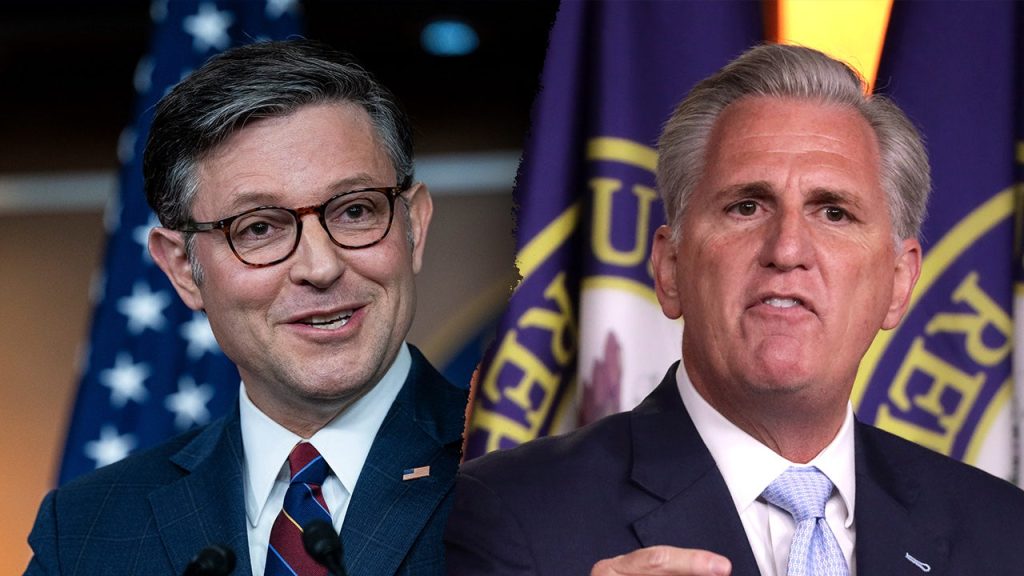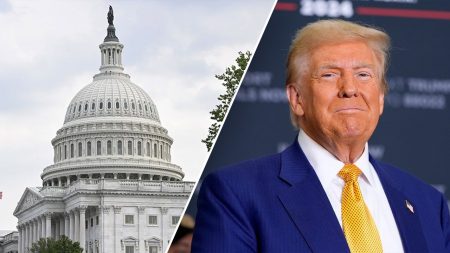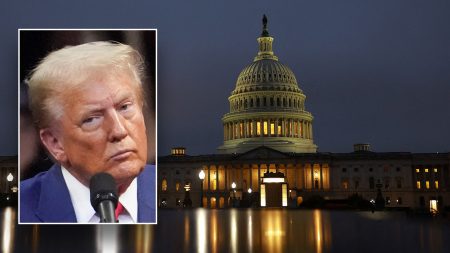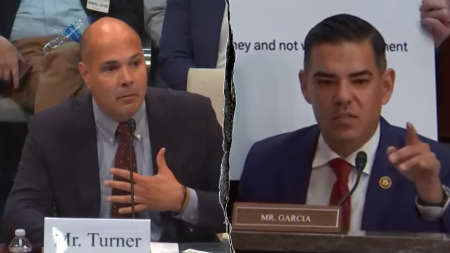The tumultuous ousting of Kevin McCarthy as Speaker of the House in 2023 has spurred significant changes to House rules, specifically regarding the process for removing a speaker. McCarthy’s protracted election, requiring 15 rounds of voting, foreshadowed the internal divisions that would ultimately lead to his removal. The existing rule, allowing a single lawmaker to initiate a motion to vacate the speakership, was exploited by Rep. Matt Gaetz, leading to McCarthy’s historic removal and a two-month leadership vacuum. This vulnerability has prompted House Republicans to propose revisions aimed at strengthening the speaker’s position and preventing future instability.
The proposed rule change centers around increasing the number of required co-sponsors for a motion to vacate. Currently, a single representative can initiate the process. The new rule would mandate eight co-sponsors, all of whom must belong to the majority party. This effectively grants the majority party greater control over the speaker’s fate, shielding them from challenges originating solely from within their own ranks. While proponents argue this fosters stability and protects the speaker from frivolous or politically motivated removal attempts, critics contend it undermines accountability and concentrates power within the majority party.
This shift in power dynamics has sparked a heated debate. Democrats, in the minority, have vehemently opposed the change, arguing that it disenfranchises their voice and limits their ability to hold the speaker accountable. They maintain that the ability of any member to initiate a motion to vacate is crucial for maintaining checks and balances within the House. They fear that the new rule will transform the House into a tool for the majority party, enabling them to pursue their agenda unchecked. This concern is particularly acute given the current political climate, with deep partisan divisions and increasing concerns about extremism.
The proposed rule change highlights the tension between stability and accountability within the House. While a more difficult removal process might prevent future leadership crises and allow the speaker to focus on governing, it also raises concerns about potential abuses of power and a lack of responsiveness to the entire House membership. The debate underscores the challenges inherent in balancing the need for stable leadership with the democratic principle of accountability. The outcome of this rule change will significantly impact the power dynamics within the House and shape the legislative process for the coming years.
The timing of this proposed change coincides with the upcoming Speaker election for the 119th Congress. Current Speaker Mike Johnson, who assumed the position after McCarthy’s removal, is seeking re-election. While he enjoys broad support within the Republican party and a prominent endorsement from President-elect Donald Trump, at least one Republican representative has voiced opposition to his speakership. The upcoming election will serve as a testing ground for the new rules package, potentially influencing the dynamics of the vote and the stability of Johnson’s leadership if he is re-elected.
The proposed rule change has far-reaching implications for the future of the House. It reflects a broader trend of increasing partisanship and a desire for greater control within the majority party. While the stated goal is to ensure stability and prevent future leadership vacuums, the potential consequences for accountability and the overall functioning of the House remain a subject of intense debate. The outcome of this rule change will not only impact the role of the Speaker but also shape the legislative process and the balance of power within Congress. It underscores the enduring challenge of balancing stability with accountability in a highly polarized political environment.










